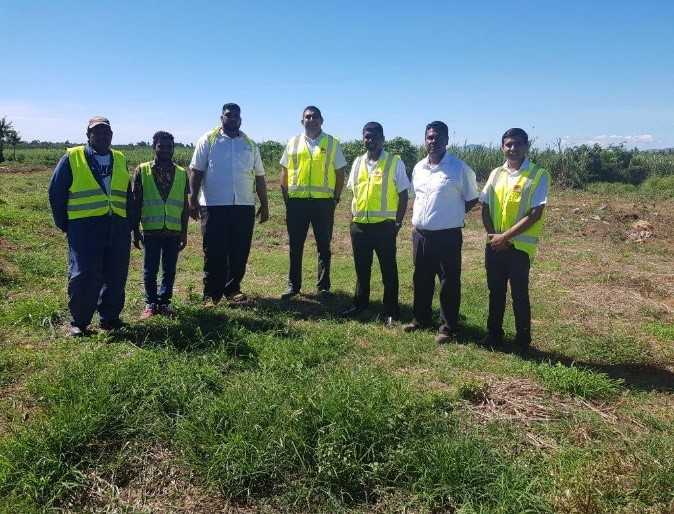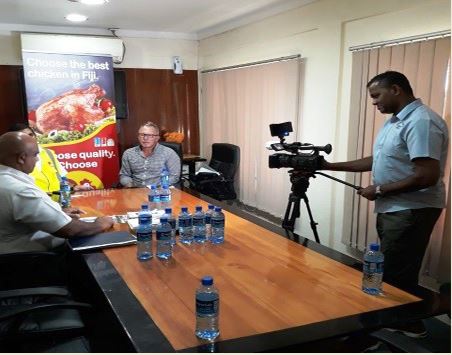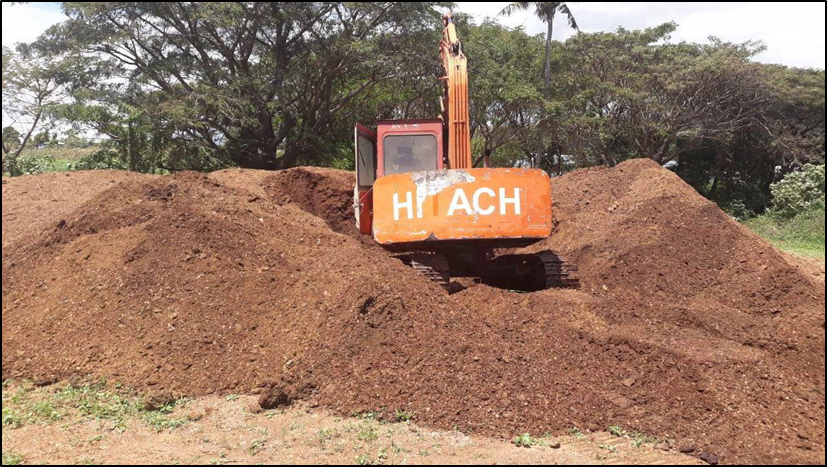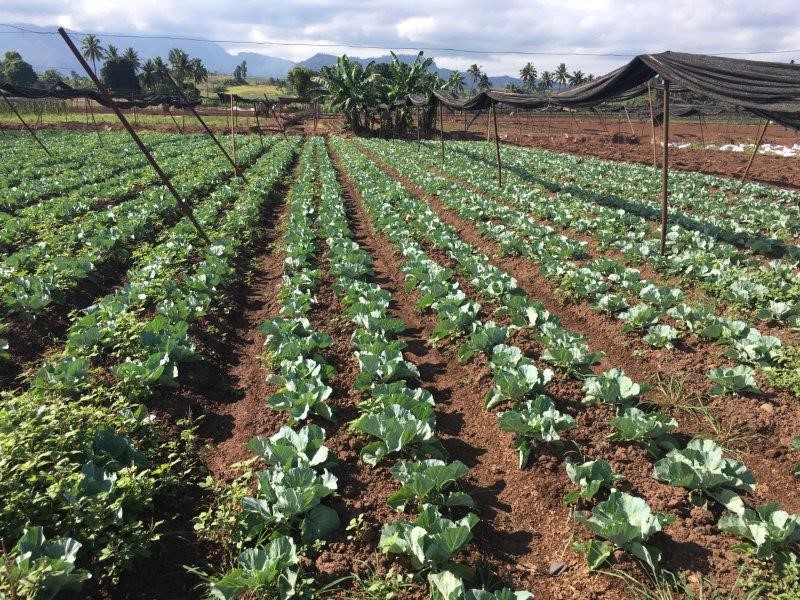The Asian Productivity Organisation (APO) is an intergovernmental organisation whose aim is to increase productivity in the Asia-Pacific region. Upon receiving a request seeking an expert in the processing of poultry waste into fertiliser to assist a Fijian poultry farm, the APO contacted the South Australian Research and Development Institute (SARDI), who recommended Neutrog’s Managing Director, Angus Irwin. Angus was a strong contender with his 32+ years of experience in poultry waste management, and was pleased and honoured to accept.
The main objective of the project was to assist Fijian-based ‘Future Farms’, so that it could enhance its capacity and manage chicken litter by transforming it into a value-added commercial product. Future Farms holds about 30% of the poultry production market in Fiji, and generates 150 tons of chicken litter per week.
Another objective was to build the Future Farms brand by showing that it can create tangible positive changes by improving animal welfare and environmental management, reducing greenhouse gas emissions as well as water and soil contamination, recycling nutrients, and developing updated policies and ultimately strategic directions.


Angus made his first trip to Fiji in 2019. His mandate was to review the current process for managing manure, to identify and suggest appropriate technology, processes and solutions for producing composted manure. He was also asked to identify opportunities and strategies to develop a market for the product, and to suggest appropriate management strategies to implement both production and marketing of the composted product.
“I spent a lot of time with the team from Future Farms, as I needed to understand their current processes and raw material” said Angus. “I also spent a fair bit of time understanding how the various farmers and growers were currently using the existing raw material. I had a terrific few days and the hosts were very generous with their time, enthusiasm for the project and hospitality—all of which made it very easy and enjoyable for me, and was much appreciated.”
A follow up visit was made by Angus the following year, and Neutrog’s Procurement Manager, David Ellis travelled to Fiji twice more, visiting farmers and Future Farms hatcheries.
Torrential and long-lasting rains caused delays with the project, however eventually the first batch of composted manure was ready for trial. David needed to undertake further research to identify key crops and growers who were currently using raw litter, and who would be interested in trialling a composted version, along with documenting the current timeframe of such applications in respect of subsequent plantings.
Trial protocols had to be established of compost field trials on crops, comparing performance of compost against raw litter. Crops planned for trials included tomatoes, cucumber, several varieties of lettuce, capsicum and Chinese cabbage. During this time, Future Farms and Neutrog have been working closely with the Fiji Government body that oversees the composting and trial work.

The response from growers has been incredibly positive. One farmer in the Sigatoka Valley has divided a greenhouse shed in half and prepared the land before planting with one half mixed raw manure and the other half composted manure in order to plant cabbage seedlings. He has also prepared another 2 sheds, one for lettuce and one for cucumber. Both of these growing sheds will also be halved, allowing a comparison of the two types of manure. The same farmer also has a farm in Paipai Lautoka, which will also be used for the trial.
Another farmer in Maranitawa has also started trialling raw vs composted manure on a range of vegetables, and a farm in Teidamu is participating in the trial on citrus, sandalwood and sugar cane.
This is a diverse and interesting trial which is showing some very positive results, namely, the elimination of weed seeds in the composted manure, as well as the security of growing with a pathogen free and clean product. We’ll keep you posted on their progress.

